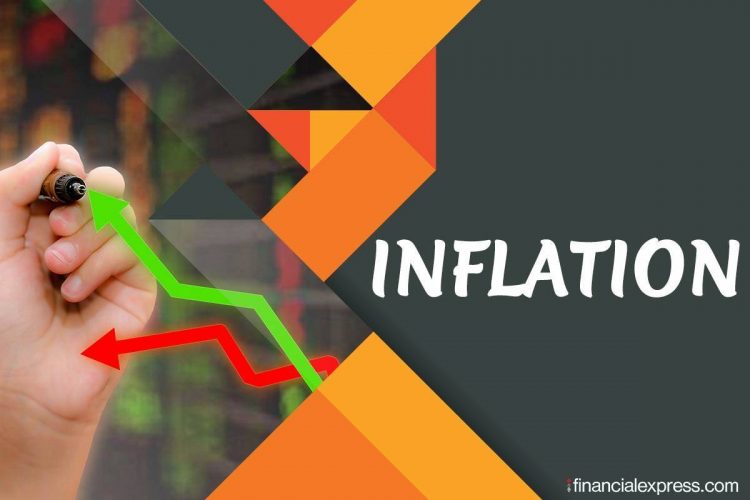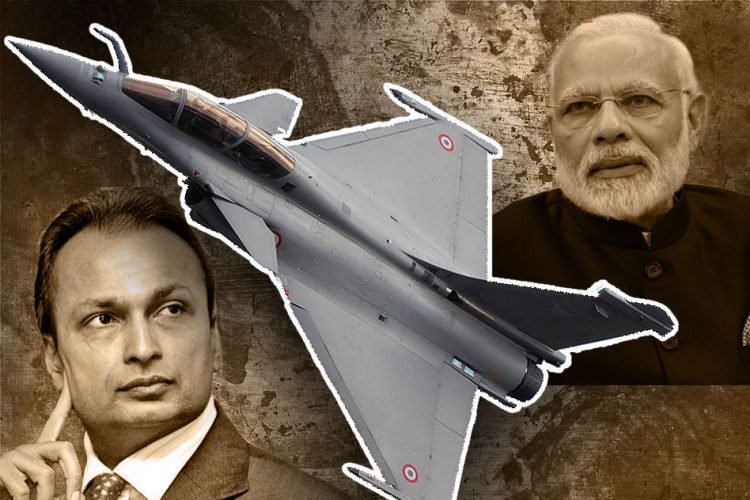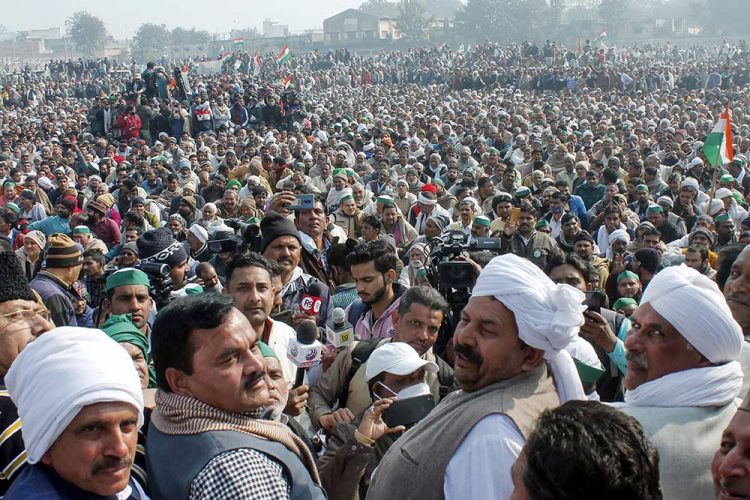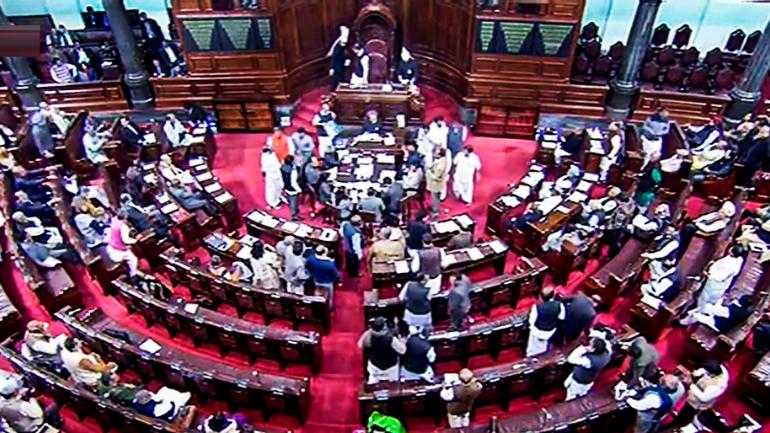India’s retail inflation surged to a three-month high of 5.03 per cent in February, as against 4.06 per cent in the previous month, as petrol and diesel prices rose sharply.
While the consumer price index-based fuel and light inflation rate stood at 3.53 per cent in the month compared to 3.82 per cent in January.
Petrol saw the inflation rate surging to 20.57 per cent in February compared to 12.53 per cent in January.
Diesel, on the other hand, saw the rate of price rise climbing to 22.50 per cent from 12.79 per cent. Diesel inflation had an impact on other segments as well.
The overall fuel and light inflation rate came down due to other segments such as electricity, which saw its inflation rate coming down to 3.29 per cent in February from 3.60 per cent in January.
Inflation in the services sector too saw a rising pressure. For instance, the health inflation rate in February stood at a 17-month high of 6.3 per cent. “This is turning structural,” Sinha said.
Sunil Kumar Sinha, principal economist at India Ratings, said the higher retail prices of fuel due to a combination of higher crude prices and elevated excise duties pushed transport and communication inflation to a four-month high of 11.4 per cent in February from 9.4 per cent in January.
There are chances of food items, which have about 47 per cent weighting in the consumer price index, facing the indirect impact of high diesel prices.
Govinda Rao, former director at the National Institute of Public Finance and Policy (NIPFP) and now chief economic adviser at Brickwork Ratings, said, “Going forward, the excess liquidity in the system, combined with the volatility in fuel prices, can pose an upward risk to inflation.”
If one takes out food and fuel, what is left is core inflation, which is often taken as a key part of the overall rate of price rise. This inflation rate was up at a three-month high of 5.86 per cent.
Rao said, “In this situation, the MPC (monetary policy committee) is expected to continue the pause, though the RBI might take some measures to drain excess liquidity.”
In its February review, the MPC had suggested that the Union and state governments reduce taxes on petroleum products to provide some relief to customers, who are paying record high prices for petrol and diesel.
“Pump prices of petrol and diesel have reached historic highs. An unwinding of taxes on petroleum products by both the Centre and states could ease the cost-push pressures,” the MPC had said.
Reacting to this Finance Minister Nirmala Sitharaman had said the issue of tax burden on petroleum products was something that the Centre and states had to discuss as both drew revenue from these items.
It should be noted BJP led Modi government imposed both flat and ad valorem rates on fuel.
For instance, there is a 2.5 per cent Customs duty on unbranded petrol.
Along with this, on every litre, there is a Rs 14.90 countervailing duty, Rs 18 additional Customs duty, Rs 1.40 basic excise duty, Rs 11 special additional excise duty, and Rs 2.5 of newly imposed cess. However, there is no uniformity of taxes among states.
The rise and inflation may lead to the demand for fuel tax cuts growing louder in the coming days. Food inflation rose to 3.87 per cent from 3.11 per cent over this period.
For assembly election in 2021 that is scheduled on April 26th Sensing this voice Parliament third largest DMK party has declared in its election manifesto of reduction of 5 Rs in state tax for petrol and 4Rs for diesel if noted to power.
[splco_Shortcodesspacer]









